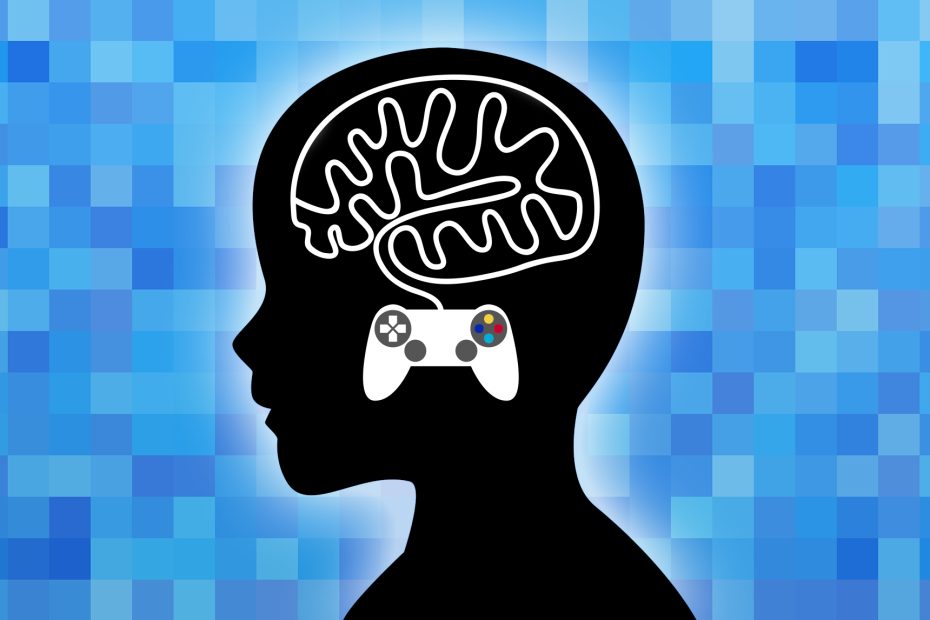Hello there! In this article, we’ll be exploring the fascinating topic of the impact of brain games on our cognitive skills. We’ll take a closer look at how these games can enhance our mental abilities and play a role in boosting our cognitive skills. Throughout the article, you can expect to learn about the benefits of brain games, their role in improving cognitive functions, and much more. So, let’s dive right in and discover the exciting world of brain games and their impact on our brains!
The Impact of Brain Games on Cognitive Skills
What are Brain Games?
The definition of brain games
Brain games refer to activities or exercises designed to stimulate and challenge the brain, with the goal of improving cognitive skills. These games typically involve puzzles, memory tasks, problem-solving challenges, and other mental exercises. They are specifically created to engage different areas of the brain, promoting cognitive development and improving overall brain function.
Types of brain games
There are various types of brain games available, catering to different cognitive skills. Some popular examples include:
-
Memory games: These games focus on enhancing memory and recall abilities by challenging your ability to retain and remember information.
-
Problem-solving games: These games stimulate your analytical thinking and problem-solving skills, requiring you to find solutions to complex puzzles or challenges.
-
Attention and focus games: These games aim to improve your ability to concentrate and stay focused on a particular task or stimulus, enhancing your overall attention span.
Importance of Cognitive Skills
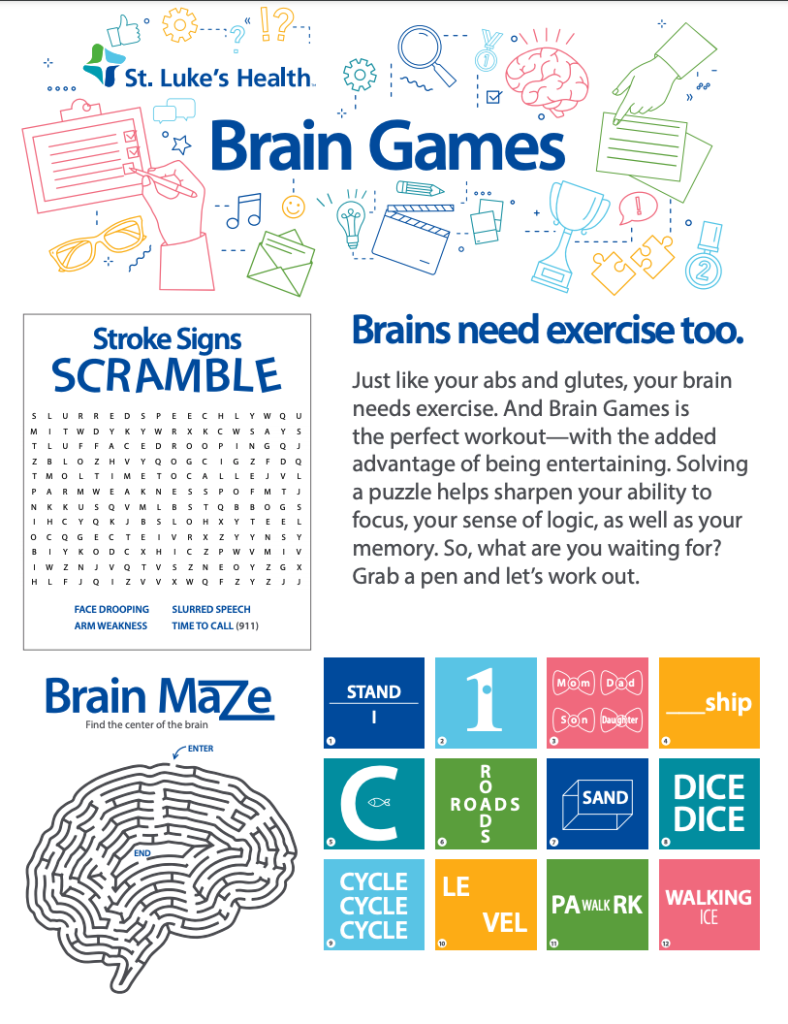
Understanding cognitive skills
Cognitive skills refer to the mental abilities required to process information, think, learn, and understand. These skills are crucial for various aspects of daily life, including decision-making, problem-solving, learning new skills, and communicating effectively. They encompass a wide range of abilities like memory, attention, reasoning, perception, and creativity.
How cognitive skills affect daily life
Strong cognitive skills play an essential role in succeeding in both personal and professional settings. From academic achievements to workplace performance and overall well-being, cognitive skills influence various aspects of our lives. For instance, memory skills are essential for remembering important dates and events, attention skills are crucial for staying focused during tasks, and problem-solving skills are necessary for finding innovative solutions to challenges.
The Link Between Brain Games and Cognitive Skills
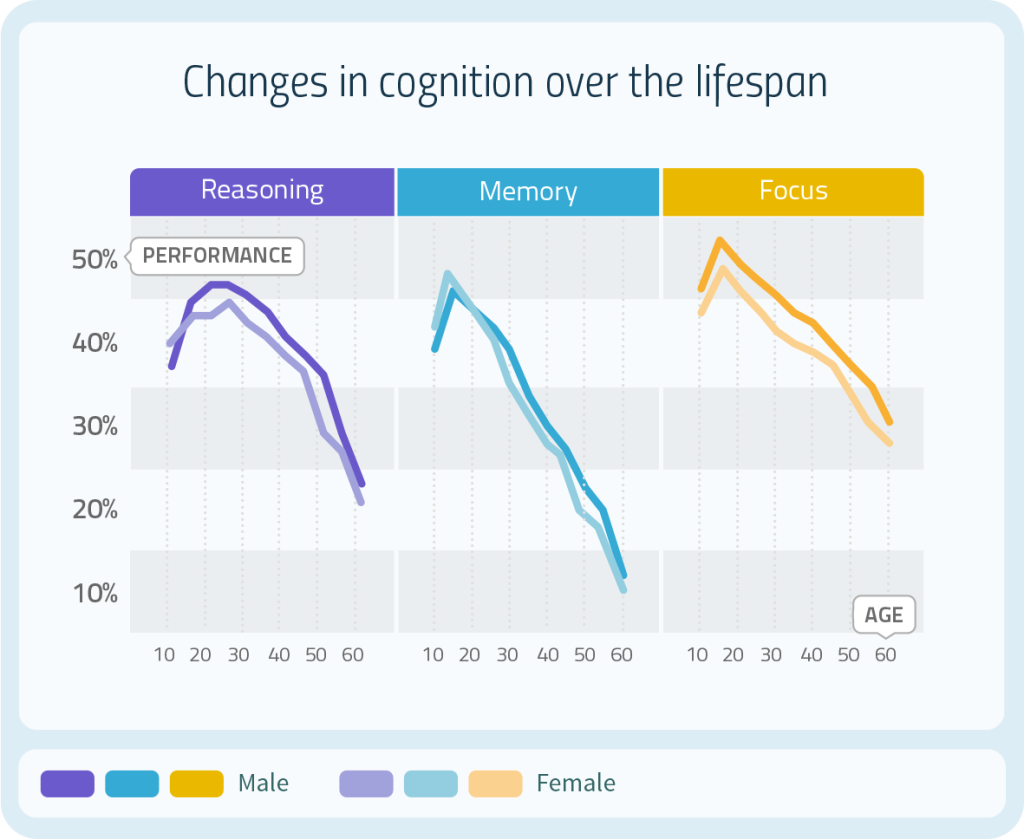
Research on the impact of brain games
Research on the effectiveness of brain games in improving cognitive skills has shown promising results. Numerous studies have indicated that engaging in regular brain games can lead to significant improvements in areas such as memory, attention, problem-solving, and cognitive flexibility.
One study published in the journal PLOS ONE found that playing brain games for just 15 minutes a day over a four-week period resulted in considerable improvements in working memory and executive functions. These findings suggest that brain games can have a positive impact on cognitive skills, even with a relatively short practice duration.
The cognitive processes targeted by brain games
Different brain games target specific cognitive processes. For example, memory games aim to improve memory retention and recall by challenging your ability to remember information. Problem-solving games, on the other hand, focus on boosting analytical and critical thinking skills.
Attention and focus games work to enhance concentration and focus by requiring you to sustain attention on a particular task or stimulus. By tailoring brain games to specific cognitive skills, you can maximize the benefits and target areas that need improvement the most.
Benefits of Brain Games
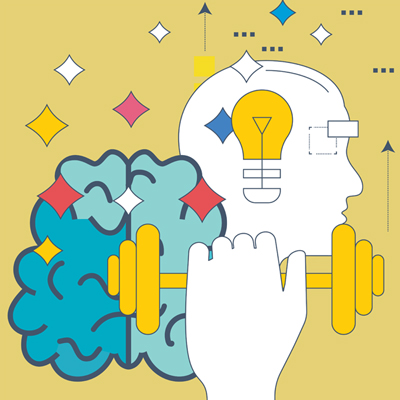
Improvement in memory
Memory is a fundamental cognitive skill that has a significant impact on various aspects of life. Engaging in memory-focused brain games can help enhance both short-term and long-term memory abilities. These games exercise the brain’s neural pathways associated with memory, making them more efficient and effective.
Research has shown that individuals who regularly engage in memory-focused brain games experience better retention and recall abilities. This can translate into improved academic performance, professional productivity, and overall cognitive health.
Enhancement of problem-solving abilities
Problem-solving is a critical cognitive skill that enables individuals to find solutions to complex situations and challenges. Brain games that focus on problem-solving tasks can enhance your ability to think critically, analyze situations, and find innovative solutions.
Regular engagement in problem-solving brain games strengthens neural connections associated with analytical thinking, allowing you to approach problems more effectively and efficiently. These skills can be applied to various real-life scenarios, ranging from work-related challenges to personal decision-making processes.
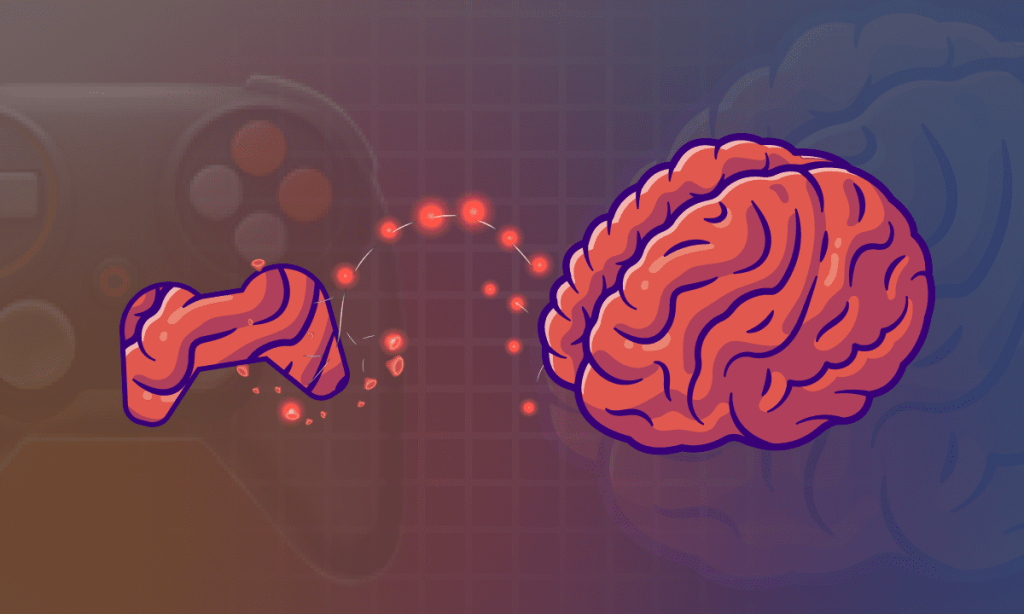
Boosting attention and focus
In today’s fast-paced world, maintaining attention and focus can be challenging. However, brain games that target attention and focus can help improve these skills. These games require you to concentrate on specific tasks or stimuli, strengthening the brain’s neural pathways associated with attention.
By regularly practicing attention and focus brain games, you can train your brain to sustain attention for longer periods and resist distractions. This can have significant benefits in academic or work settings, where deep focus and concentration are essential for optimal performance.
Choosing the Right Brain Games
Considerations for selecting brain games
When choosing brain games, it’s crucial to consider your specific cognitive skill goals and areas of improvement. Different games target different cognitive skills, so selecting games aligned with your desired outcomes is crucial. Additionally, consider your personal preferences and enjoyment factor, as engagement and motivation play a significant role in the effectiveness of brain games.
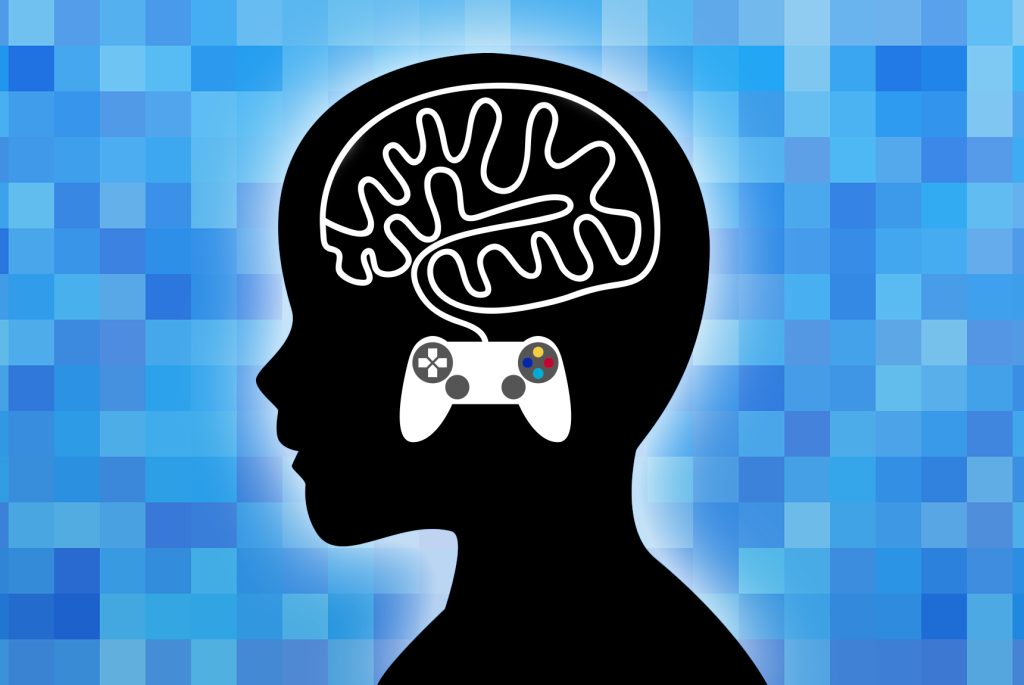
Matching brain games to specific cognitive skills
To maximize the benefits of brain games, it’s important to match them to the cognitive skills you want to improve. If you’re looking to enhance memory, opt for memory-focused brain games. For individuals seeking to boost problem-solving abilities, problem-solving games would be the ideal choice. By aligning your brain games with specific cognitive skills, you can target and strengthen those areas more effectively.
Tips for Effective Brain Game Usage
Creating a consistent practice routine
Consistency is key when it comes to brain games. To get the most out of them, establish a regular practice routine. Set aside a specific time each day or week devoted to playing brain games. This consistency will help your brain adapt and improve more effectively.
Setting realistic goals
Set realistic and achievable goals when engaging in brain games. Don’t expect instant results, as cognitive skill improvement takes time and practice. By setting small, attainable goals, you can track your progress and stay motivated throughout the journey.
Maintaining a balanced approach
While brain games can be beneficial for cognitive health, it’s important to maintain a balanced approach. Incorporate other activities that promote overall well-being and brain health, such as physical exercise, social interactions, and a healthy diet. A holistic approach to cognitive health ensures that all aspects of brain function are nurtured.
Brain Games for Different Age Groups
Brain games for children and adolescents
Brain games are not just beneficial for adults but also for children and adolescents. Engaging in age-appropriate brain games can help children develop and strengthen essential cognitive skills, such as memory, attention, and problem-solving abilities. It can also promote cognitive development and academic success.
Brain games for adults and seniors
As individuals age, cognitive skills may naturally decline. However, regularly engaging in brain games can help slow down cognitive decline and keep the brain sharp. Brain games designed for adults and seniors focus on memory preservation, attention enhancement, and problem-solving abilities. By incorporating brain games into their routine, older adults can maintain and improve their cognitive skills, leading to a better quality of life.
Supplementing Brain Games with Other Activities
Combining brain games with physical exercise
Physical exercise has been proven to have numerous benefits for the brain, including enhanced cognitive function. By combining brain games with regular physical exercise, you can maximize the impact on cognitive abilities. Engaging in activities like yoga, walking, or dancing not only boosts brain health but also improves overall well-being.
Incorporating social activities to stimulate cognitive skills
Social interactions and engagement with others are vital for cognitive health. It’s important to incorporate social activities alongside brain games to stimulate cognitive skills. This can include participating in group activities, joining hobby clubs, or volunteering. These interactions challenge the brain and promote cognitive flexibility and social engagement.
Potential Limitations of Brain Games
The limitations of relying solely on brain games
While brain games have shown positive effects on cognitive skills, it’s important to acknowledge their limitations. Relying solely on brain games for cognitive improvement may not provide a comprehensive solution. Other factors like overall lifestyle, nutrition, sleep, and mental health also influence cognitive function. Therefore, it’s important to adopt a holistic approach to cognitive health.
Understanding the importance of a holistic approach to cognitive health
To maintain optimal cognitive health, it’s crucial to adopt a holistic approach. This includes regular engagement in brain games, physical exercise, healthy eating, sufficient sleep, and mental well-being. By addressing all aspects of cognitive health, you can ensure long-term benefits and overall well-being.
Conclusion
Brain games have the potential to significantly impact cognitive skills. By engaging in targeted brain games, individuals can improve memory, problem-solving abilities, attention, and focus. Selecting the right brain games aligned with specific cognitive skills is essential for optimal improvement. However, it’s important to remember that brain games should be complemented with other activities that promote overall well-being and cognitive health. By adopting a holistic approach, individuals can maximize the benefits of brain games and promote long-term cognitive well-being.
